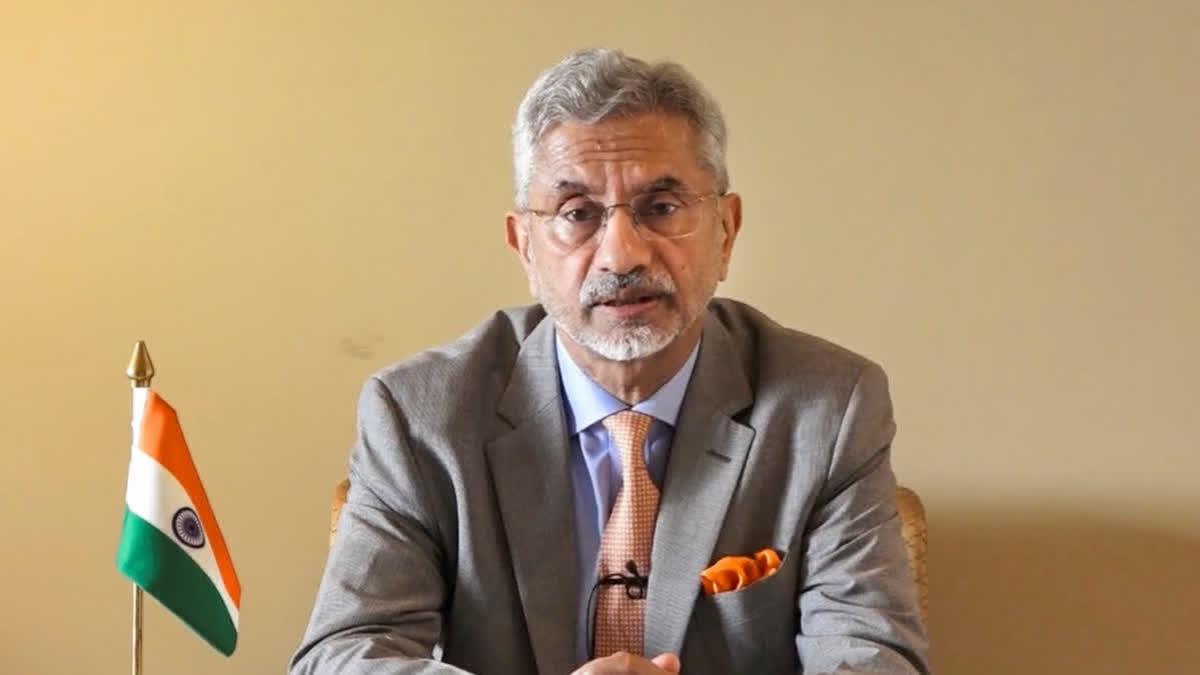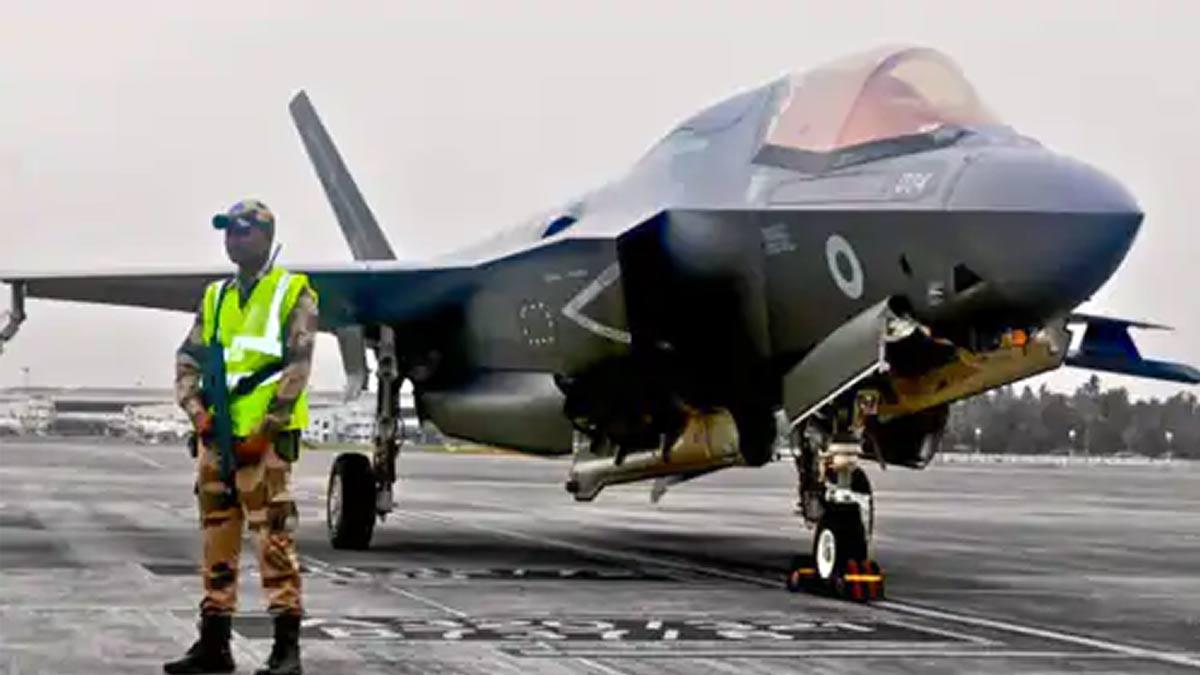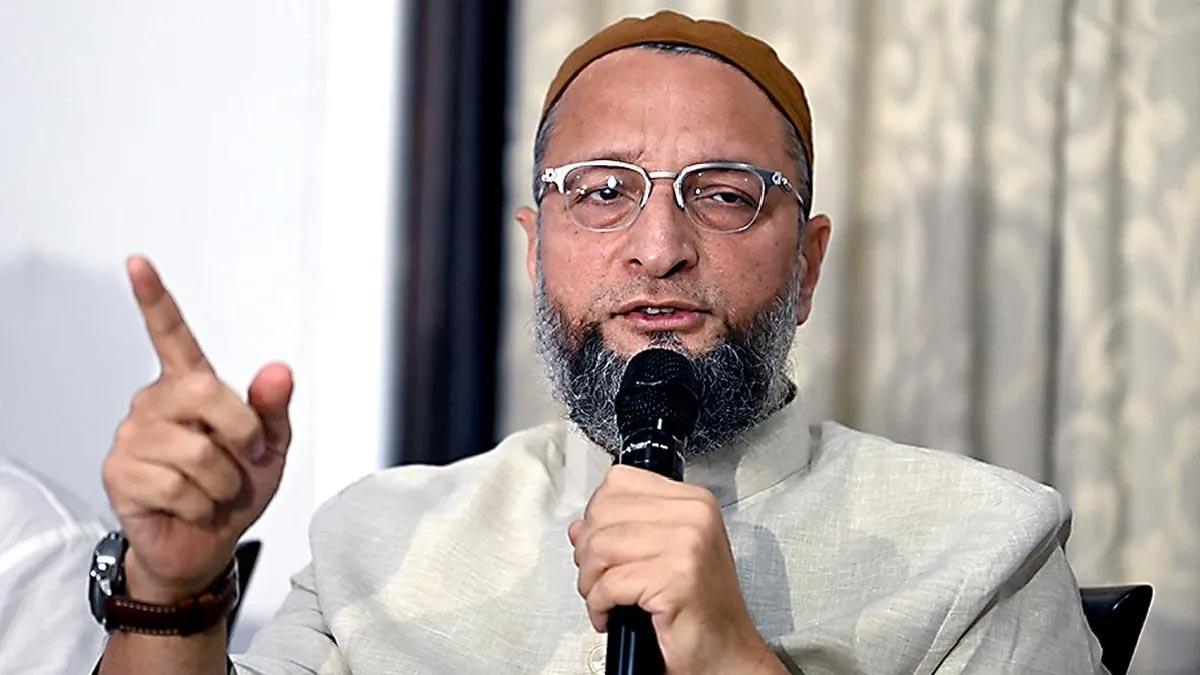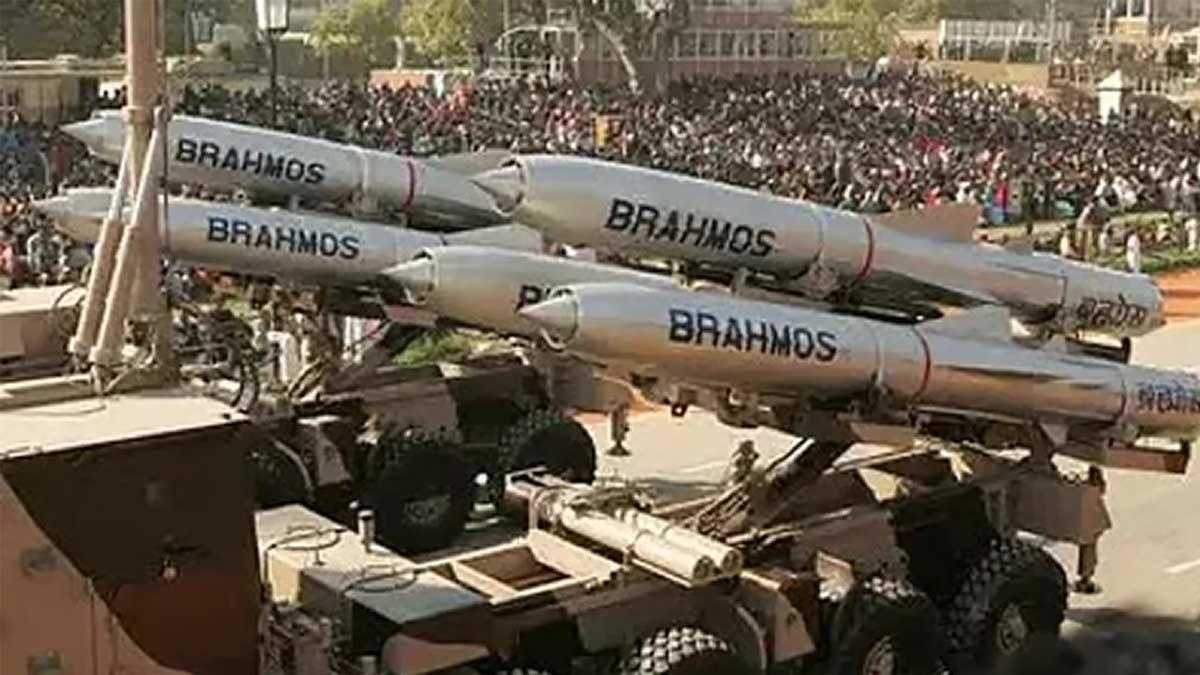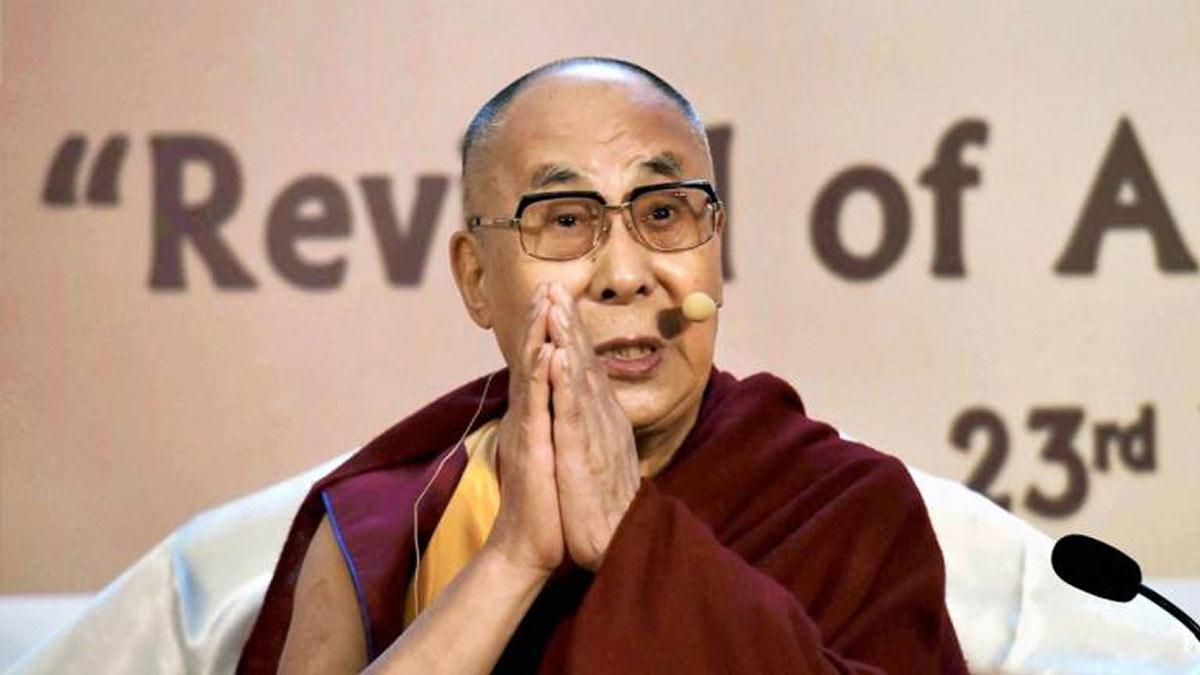External Affairs Minister S. Jaishankar on Wednesday criticized Western countries for their failure to back India's position on terrorism, contending that New Delhi has been consistent and principled in its reactions to international terror attacks.
Speaking on a Washington, D.C. press conference, Jaishankar also made it clear that the recent India-Pakistan ceasefire deal was the direct result of negotiations between their respective military commanders conducted by their own military commanders—rather than through U.S. mediation as had been earlier asserted by former President Donald Trump.
Pointing out the discriminatory nature of foreign reactions to terrorism, Jaishankar added, "It is a fact that frequently nations do not act when other nations are targets of terrorism, which they would do when they themselves are. In that sense candidly, we have been far more principled and consistent. Whenever terror attacks occur elsewhere outside India, we have broadly adopted the same stance that we have adopted when they have occurred in India."
He continued to emphasize that greater international solidarity is needed in combating terrorism. "Nations are not supporting one another enough, and some of the diplomacy is to send them a message and call them to it, encourage them, persuade them, motivate them to do so, and that's why it matters to make a call, and that's why it matters to take them along to the best possible chance," he said.
Responding to a query on the ceasefire following Operation Sindoor and reports of the involvement of America, Jaishankar categorically ruled out the involvement of any third party. "The record of what transpired at that point was very clear and the ceasefire was one which had been negotiated by the DGMOs of the two nations." he stated, naming the Directors General of Military Operations of India and Pakistan.
This comes directly against repeated claims made by Donald Trump that he was crucial in bringing peace between the two countries.
Jaishankar is visiting the United States for a three-day tour focused around the Quad Foreign Ministers' Meet. He also met with high-ranking U.S. intelligence officials, such as Indian-origin FBI Director Kash Patel and Director of National Intelligence Tulsi Gabbard, during the visit.
Their discussions involved a broad range of security issues, said officials, ranging from counter-terrorism cooperation, fighting organized crime and drug trade, and improving bilateral intelligence sharing. Larger issues regarding the global security environment and changing regional dynamics were also on the agenda during their meetings.
Read also| Indian Navy Welcomes INS Tamal, Equipped with BrahMos Missiles

